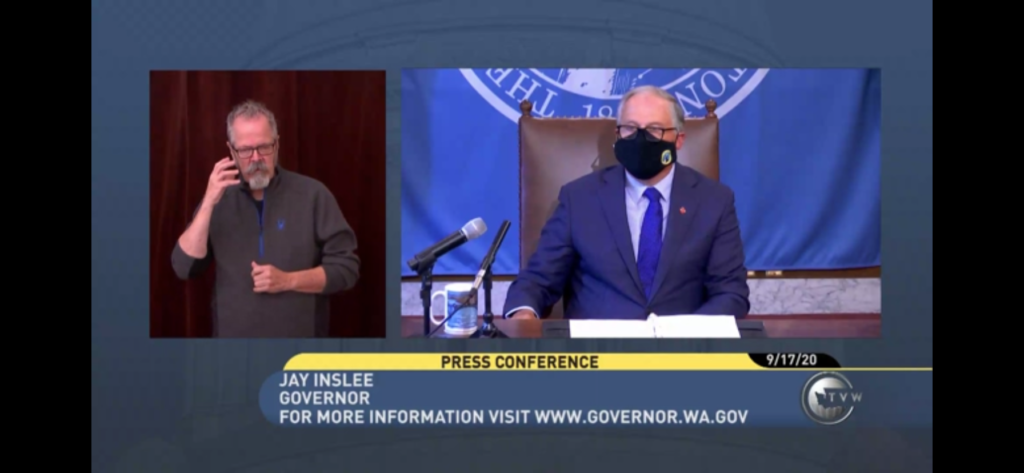Washingtonians will be under a new set of COVID-19 restrictions beginning this week.
Gov. Jay Inslee today announced the four-week, statewide restrictions — which will shutter indoor service at restaurants and bars and limit outdoor table service — in response to rapidly rising numbers of COVID-19 throughout the state and the nation.



